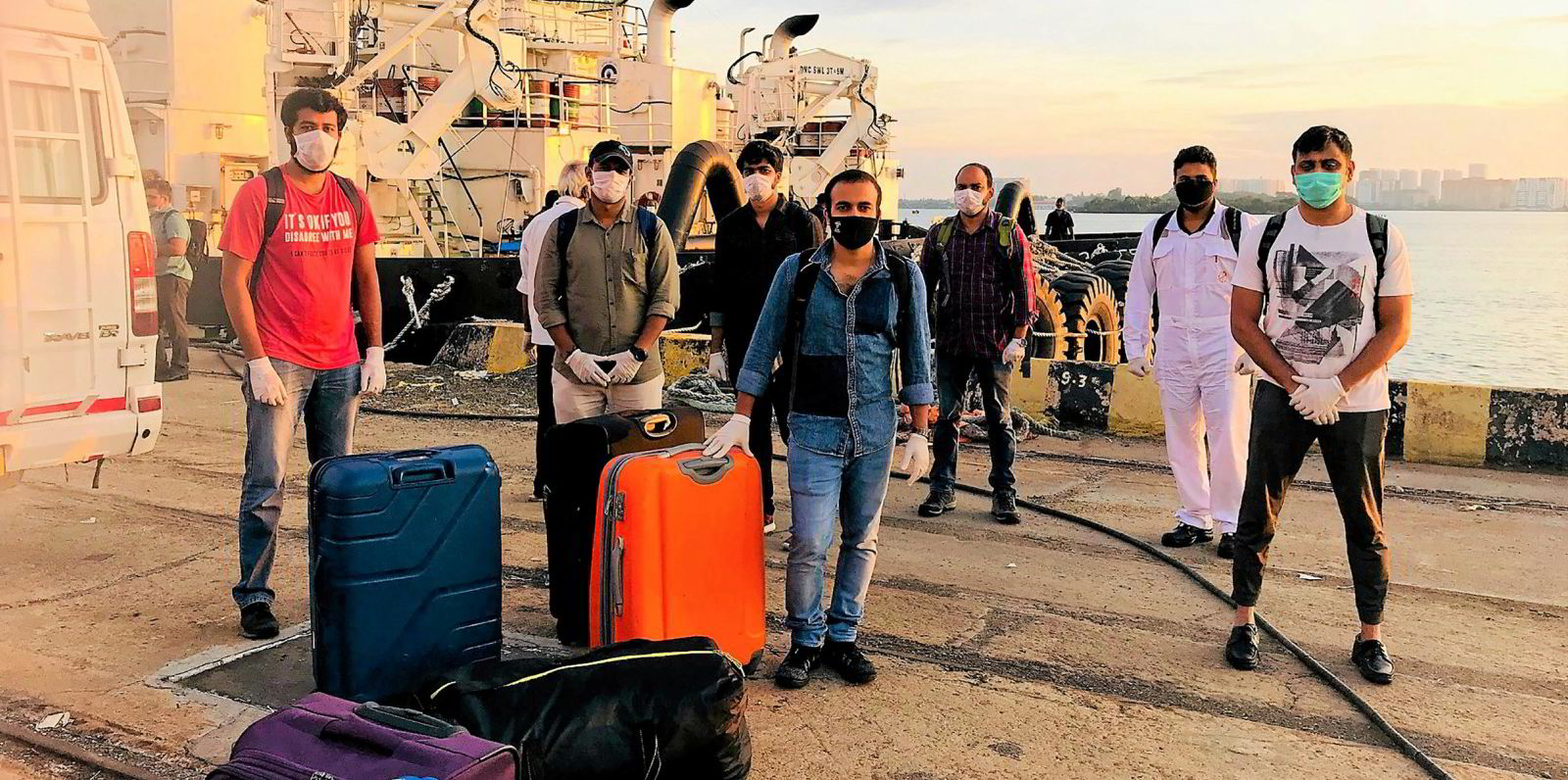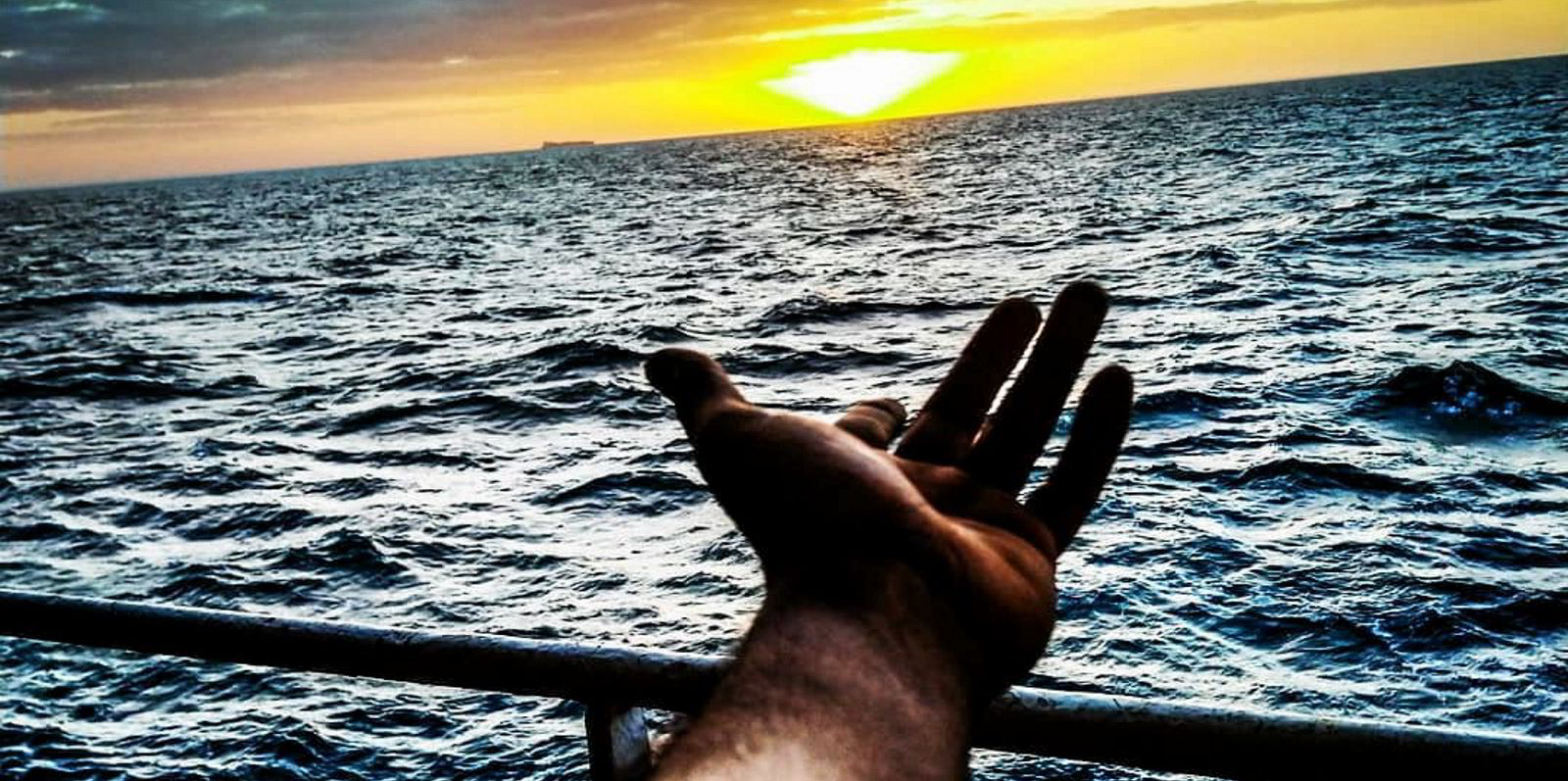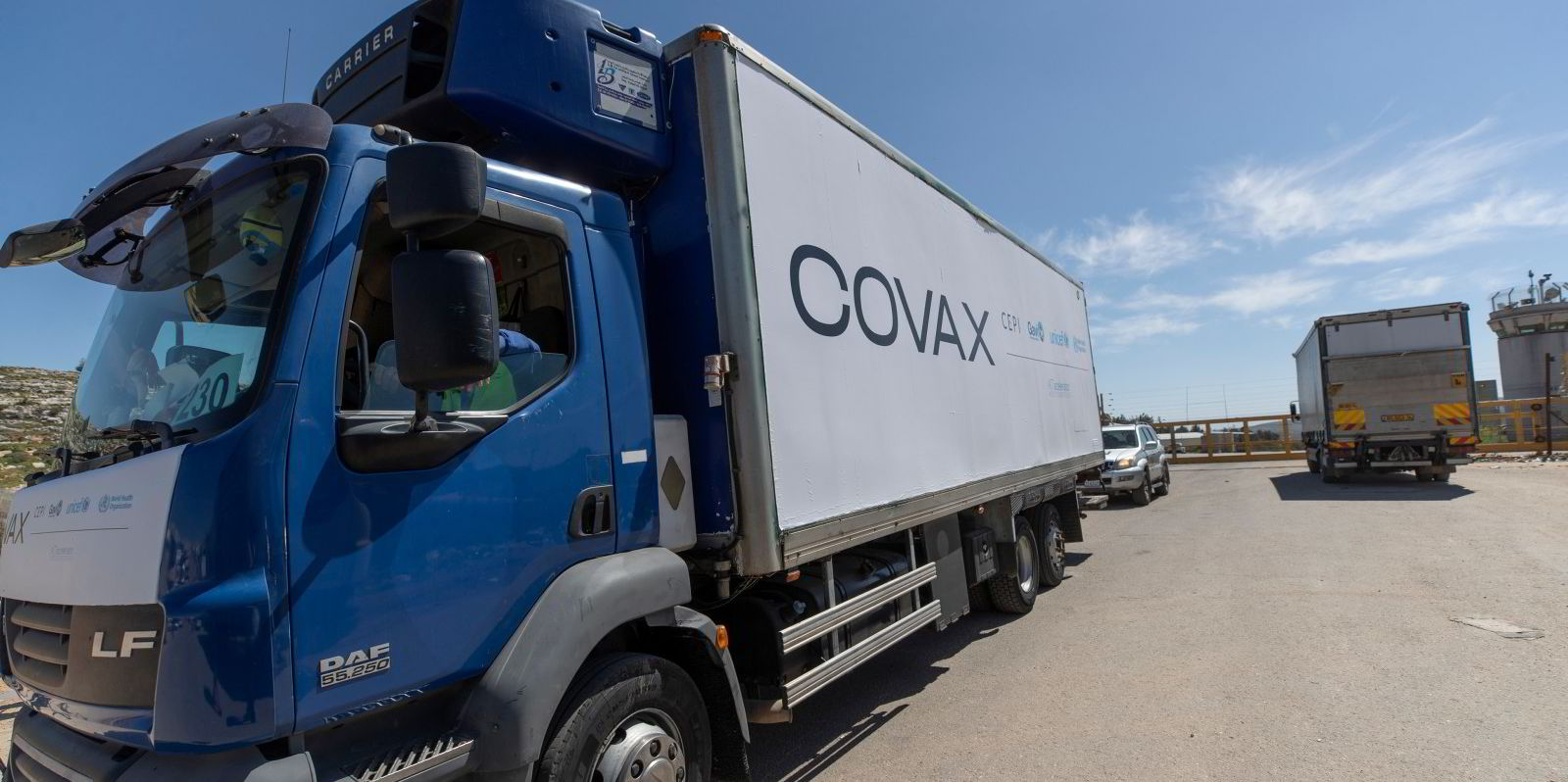The International Chamber of Shipping (ICS) has warned of a “perfect storm” for global seaborne transport over concerns that vessels with unvaccinated crews could be rejected by ports.
China and the United Arab Emirates are reportedly among countries that have started to require ships to be manned by vaccinated seafarers before entering their countries.
But ICS secretary general Guy Platten said such efforts to control the spread of Covid-19 would be putting shipping companies “in an impossible position” as many seafarers do not have access to vaccination.
More than 85 low-income nations will not have widespread access to vaccines before 2023 because rich countries have pre-ordered more doses than they need, the Economist Intelligence Unit has forecast.
Figures from the ICS show 900,000 of the world’s seafarers are from developing nations — well over half of the total workforce.
“We’re already seeing reports of states requiring proof of Covid-19 vaccination for seafarers," Platten said. "If our workers can’t pass through international borders, this will undoubtedly cause delays and disruptions in the supply chain.
“This is a key issue for shipping but could also have a significant impact across many sectors as international business recovers.”
Delays into ports caused by unvaccinated crew would open up legal liabilities and costs for owners, which, according to the ICS, would not be recoverable from charterers.
Big crisis
The issue is compounded by the ongoing crewing crisis, with about 200,000 seafarers stranded at sea due to travel restrictions across the globe.

The ICS said that while owners would be able to address the need for seafarer vaccines in new employment contracts, those attempting to change existing contracts or asking crew to receive a specific vaccine requested by a port could open themselves up to legal liability.
CNBC reported that the Chinese government is now only allowing crew changes for seafarers that have received Chinese-made jabs.
Bud Darr, Mediterranean Shipping Co’s executive vice president for maritime policy and government affairs, said: “The shipping industry needs to find creative solutions to the problem.
“In the short term, this means getting seafarers vaccinations in their countries where there are established programmes and sufficient supplies of vaccines.
“In the long term, it’s about exploring the idea of public-private partnerships. There may even be the opportunity, when the initial surge of need is met for national allocation, for manufacturers to provide vaccinations directly to shipowners to allocate and administer to these key workers.”
WHO approval
The ICS is studying proposals including joint purchases of vaccines from the Covax programme, co-led by the World Health Organization (WHO), and setting up vaccination hubs across key international ports.
“Many think we’re in a vaccination sprint,” Platten said. "The reality is we’re at the start of an ultra-marathon, and seafarers will be key in getting across the finish line.
“We need to keep them safe and for governments to play their part by ensuring that vaccines for seafarers have been approved by [the] WHO.”
So far, the WHO has listed vaccines by Johnson & Johnson, Pfizer and BioNTech, Astrazeneca and SK Bio, and Serum Institute of India for emergency use.(Copyright)






